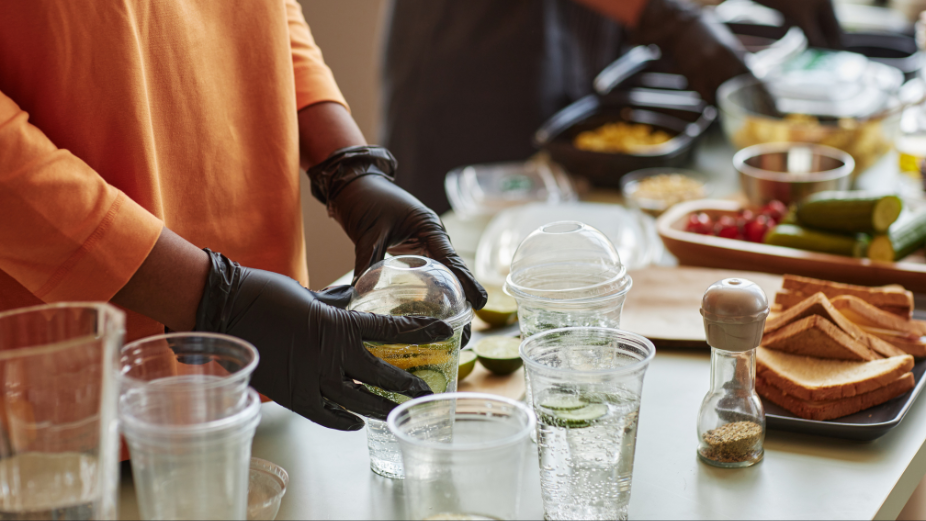
The Maldives Food and Drug Authority (MFDA) has introduced a new policy that requires home-based cooks to undergo compulsory food safety training before selling food items. The policy, published yesterday, aims to ensure that food prepared in homes meets stringent safety and hygiene standards.
According to the MFDA, the updated home-based food standard policies are now accessible on their ‘Dhirithi’ portal and the Ministry of Health’s official website. Under the new regulations, permits for selling home-cooked food will only be issued to individuals who comply with these standards.
The policy mandates that all home-based cooks must register their food production sites and the list of products they intend to sell with the MFDA via the Dhirithi portal, using their eFaas accounts. Additionally, necessary checklists and documentation are to be submitted annually. MFDA also retains the right to conduct inspections of premises to ensure compliance with food safety standards.
The policy specifies that food production should not generate smells, sounds, or smoke that pose a public health risk. Only residents of the house are allowed to be involved in food preparation, and all food items must be produced by individuals who have completed the ‘Basic Food Safety Course’ provided by the MFDA. During the preparation process, unrelated persons must not be allowed in the kitchen, and the use of large-scale equipment such as industrial ovens is prohibited. Furthermore, all food products must be labelled in accordance with national standards.
Additional guidelines in the policy include strict waste management practices and a ban on animals and birds in food preparation areas to maintain hygiene standards.
The introduction of this policy comes in the wake of recent actions by Maldives Immigration, which has uncovered several premises where expatriates were found producing food in unsanitary conditions. Many expatriates involved in such illegal operations have been taken into custody and are awaiting deportation.
The new regulations reflect the Maldives’ efforts to tighten controls over food safety and ensure that home-based food businesses operate in a manner that protects public health.












